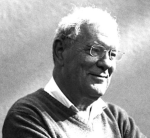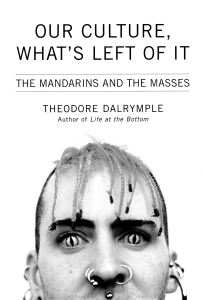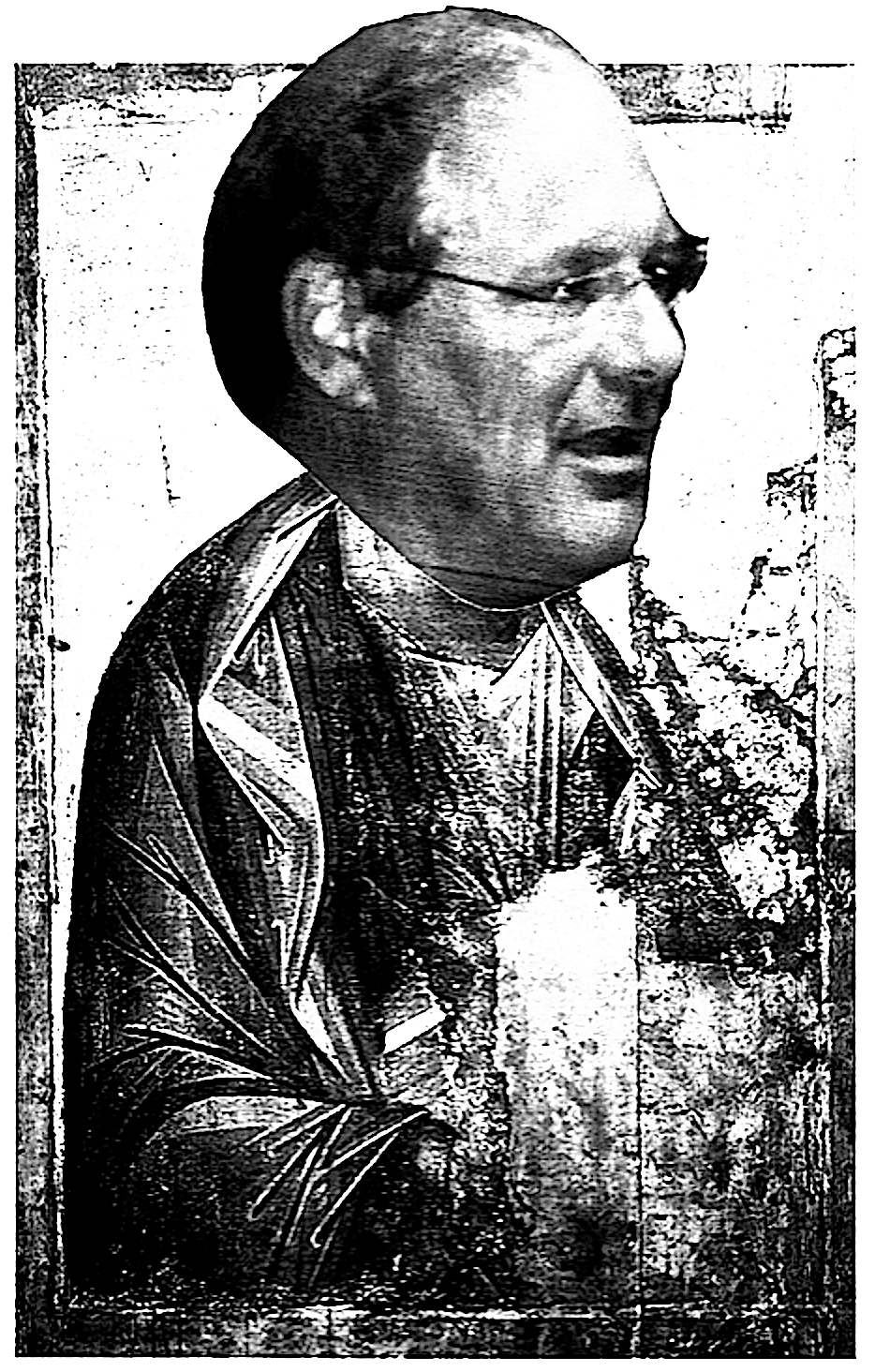 Malcolm Muggeridge, Dalrymple explains, was a correspondent for the (then-Manchester) Guardian in the Soviet Union in the 1930s, but
Malcolm Muggeridge, Dalrymple explains, was a correspondent for the (then-Manchester) Guardian in the Soviet Union in the 1930s, but
far from finding the paradise he had expected, he found a kind of hell. During the Ukrainian famine he sent back truthful reports to the Guardian, which published only some of them. He was outraged by the Western intellectuals who took starvation for plenty and tyranny for freedom, and satirised them mercilessly in his book Winter in Moscow.
For Muggeridge,
the most encouraging thing about the Soviet régime was its failure. If it had succeeded…I would have known that there were no limits to the extent to which human beings could be terrorised and enslaved.
Later in life, Dalrymple notes,
Muggeridge became a fervent and somewhat unctuous Christian, by no means a popular thing to do in the 1960s. Perhaps he did so because it was his temperament to swim against the tide. He denounced television from his pulpit—which was, of course, television. He denounced it with all the fervour of a temperance preacher denouncing gin or of a modern public health official denouncing tobacco. At first I laughed at him, but then I saw that he was quite right. Television is an evil.









